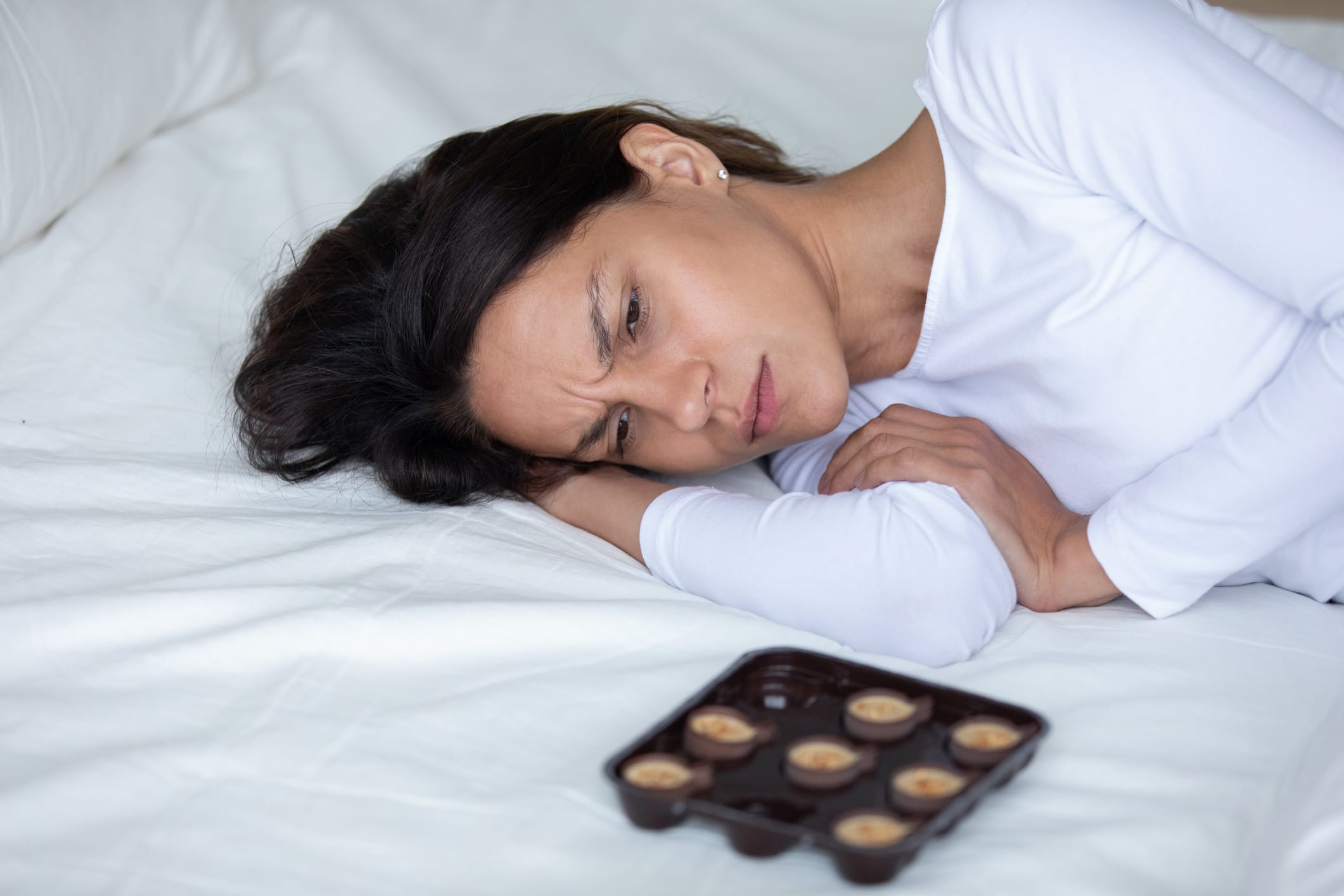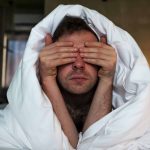Summary:
New exploration published in the Journal of Rest Study reveals that menstrual cycles appreciably affect women’s snooze and emotions, with notable disruptions in sleep designs and enhanced anger observed in the peri-menstrual phase. Analyzing facts from 51 gals, the research highlights the vital role of hormonal fluctuations in impacting properly-staying. Authors suggest that these insights could pave the way for far more successful slumber and psychological wellness interventions tailored for girls.
Vital Details:
- The analyze located that girls confront sleep disruptions and commit a lot more time awake at night time all through the peri-menstrual section, with a decrease general rest effectiveness.
- It also unveiled that, in the course of this stage, girls report amplified emotions of anger and a decrease in constructive emotions these types of as calmness, contentment, and enthusiasm.
- The authors emphasize that knowledge the backlink concerning menstrual cycles, emotions, and sleep can direct to much better-focused treatments and interventions for increasing sleep excellent and emotional resilience in girls.
Women of all ages encounter disruptions in their rest designs and report heightened emotions of anger in the times top up to their time period, in accordance to new investigation.
The study, printed in the Journal of Snooze Investigation, sheds new mild on the intricate partnership between women’s menstrual cycles, thoughts, and sleep designs.
Our exploration gives worthwhile insights into the sophisticated interplay between menstrual cycles, thoughts, and slumber and the influence of hormonal fluctuations on women’s effectively-becoming, claims co-author Jo Bower, PhD, of the College of East Anglias University of Psychology, in a launch. By understanding how these components interact, we can improved tackle the distinctive desires of females in terms of rest overall health and emotional perfectly-getting.
The research analyzed information from 51 healthy women aged amongst 18 and 35 who experienced typical durations and had been not having hormonal contraception.
Employing ecological momentary evaluation methodology, reproductive-aged gals done daily self-reports on their slumber and emotion steps and wore actiwatches (a sleep/wake tracking observe) to monitor slumber across two menstrual months.
The scientists discovered powerful associations involving menstrual phases, emotional states, and rest high-quality.
Key results from the study include things like:
- Women experience disruptions in their snooze designs in the days main up to and in the course of their interval (peri-menstrual period), paying much more time awake at night, with a reduce proportion of time invested in bed that is asleep (lessen slumber effectiveness).
- During the peri-menstrual stage, females report heightened feelings of anger in contrast to other phases of their menstrual cycle.
- Sleep disturbances in the course of the peri-menstrual phase correlate with minimized optimistic feelings these types of as calmness, pleasure, and enthusiasm.
This contributes to a escalating human body of proof suggesting that menstrual cycles may well play a substantial job in women’s vulnerability to sleeplessness and psychological wellness challenges.
The results underscore the great importance of thinking about hormonal fluctuations when addressing snooze diseases and emotional distress in ladies, suggests Bower in a release. The implications of this study attain additional than just the controlled location, furnishing potential pathways for interventions and treatment options aimed at enhancing rest top quality and psychological resilience in women.
Although the review experienced distinctive strengths, these kinds of as the use of both of those goal and subjective future facts across two menstrual cycles, the researchers reported the findings should be interpreted within just the context of many constraints.
For illustration, the facts was collected among Could 2020 and January 2021, and specifically how the COVID-19 pandemic impacted outcomes cannot be entirely acknowledged.
Though the researchers did not find robust consequences of pandemic worry on outcome variables, they are unable to lower price the simple fact that the pandemic most likely impacted participants emotional encounters and sleep-wake behaviors.
Photo 116253604 Marcos Calvo Mesa | Dreamstime.com





Leave a Reply